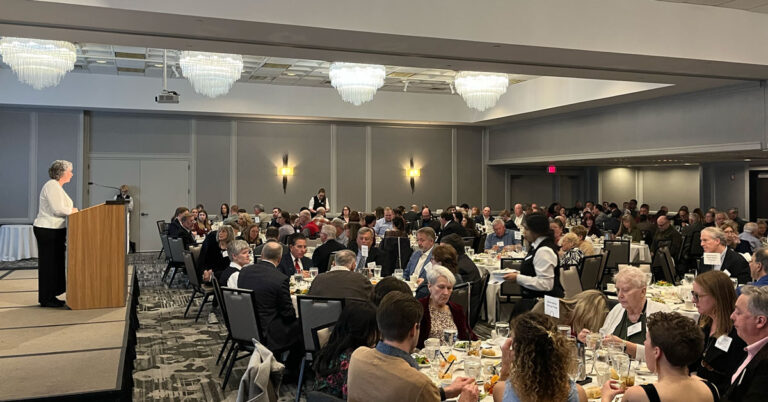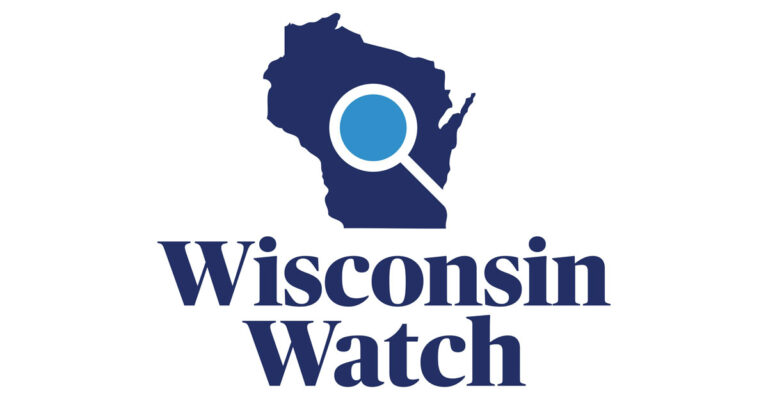The Capitol Report, produced by WisPolitics.com — a nonpartisan, Madison-based news service that specializes in coverage of government and politics — provides a weekly analysis of issues being
debated in Wisconsin state government. It is underwritten by the WNA and produced exclusively for its members. WisPolitics President Jeff Mayers is a former editor and reporter for the Associated Press and a former political writer for the Wisconsin State Journal. The WisPolitics logo can be downloaded here.
Editor’s note: This column is provided to Wisconsin Newspaper Association members by WisPolitics.com. Proper attribution to WisPolitics.com is appreciated. Also, please publish the tagline that is included at the end of the column.
Rural voters getting extra attention as next election looms
Republicans at the Capitol are working hard to curry favor with rural voters in this election year.
– There’s the recent proposal from Joint Finance Committee Co-Chair John Nygren, backed by Gov. Scott Walker, to pump more state money into small, rural schools and to allow low-spending districts to raise their caps.
Along with pumping $6.7 million more into sparsity aid, it calls for allowing low-spending districts, now capped at spending $9,100 per year on students through a mix of property taxes and state aid, to up that limit to $9,400 in 2018-19. The cap would then increase $100 annually to $9,800 in 2022-23.
– Walker also recently announced plans to annually invest $50 million in economic development projects in rural Wisconsin counties.
The Rural Economic Development Fund would primarily be used to stimulate private investment, improve productivity and fill open jobs in rural communities, according to the administration. The program would be operated by the Wisconsin Economic Development Corp., which would distribute the funds through existing program and others created with legislative approval. The grants would be limited to counties with a population density of less than 155 people per square mile, which would include 56 of the state’s 72 counties.
– And the Republican-run Assembly Rural Development and Mining Committee has approved a bill along party lines that aims to attract young people to rural counties through student loan reimbursements.
The bill, AB 730, by Rep. Ed Brooks, R-Reedsburg, would require a person to have lived in another state for at least five years, and then immediately establish residence in a rural county for at least six months. It would provide up to $25,000 or 40 percent loan reimbursement to students for bachelor’s degrees and training programs. The bill does not require students to graduate.
Democrats criticized the bill for its targeting of out-of-state residents, which they claimed is unfair to Wisconsin residents struggling to pay off student loan debt.
“I’m concerned about Wisconsin students staying in rural areas. They want to know why they aren’t getting their opportunity,” said Rep. Don Vruwink, D-Milton.
Vruwink offered an amendment that failed along party lines that would have made Wisconsin students eligible for the reimbursements.
Republicans on the committee disagree, arguing that the state needs to prioritize addressing the state’s declining birthrate.
“Even if we keep all the students in the state now, it’s not enough to replace those that are going to be retiring,” said. Rep. Romaine Quinn, R-Barron. “This program targets people out of state to inject new blood, new talent, new families into our communities.”
Brooks has been pitching the bill as a way to attract and keep talent to rural parts of the state.
“[The] American population has been shifting away from rural areas to cities and suburbs,” Brooks said. “We need to find a way to maintain and grow our population. The bill 730 would create rural opportunity zones [that would] incentivize young people looking to relocate.”
Brooks believes the program, which exists in Kansas, would not cost more than $100,000 in the first year.
Some legislators on the committee, such as Democrat Katrina Shankland, earlier expressed concern over the bill’s narrow definition of rural that disqualifies 26 counties, including Marathon.
Brooks said at the time he remains comfortable with the U.S. Office of Management and Budget definition, arguing that “we have to pick our boundaries.”
The bill also drew ire from liberal political group One Wisconsin Now, which argued the bill “would do less than nothing” to address Wisconsin student loan debt.
The Capitol Report is written by editorial staff at WisPolitics.com, a nonpartisan, Madison-based news service that specializes in coverage of government and politics, and is distributed for publication by members of the Wisconsin Newspaper Association.
Copyright © WisPolitics.com



